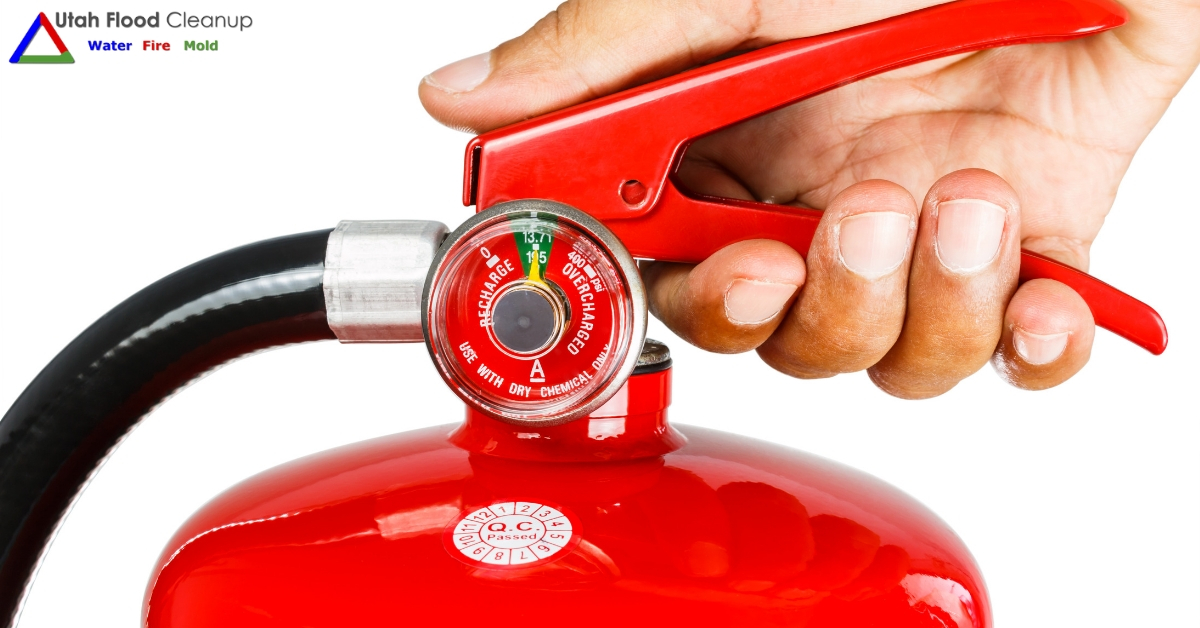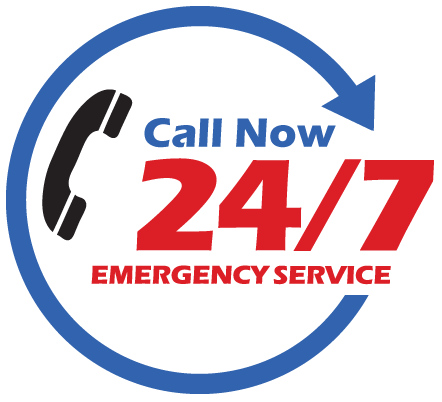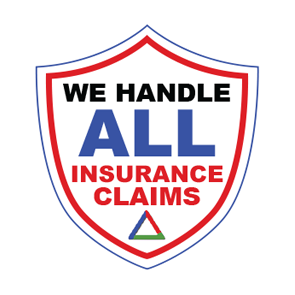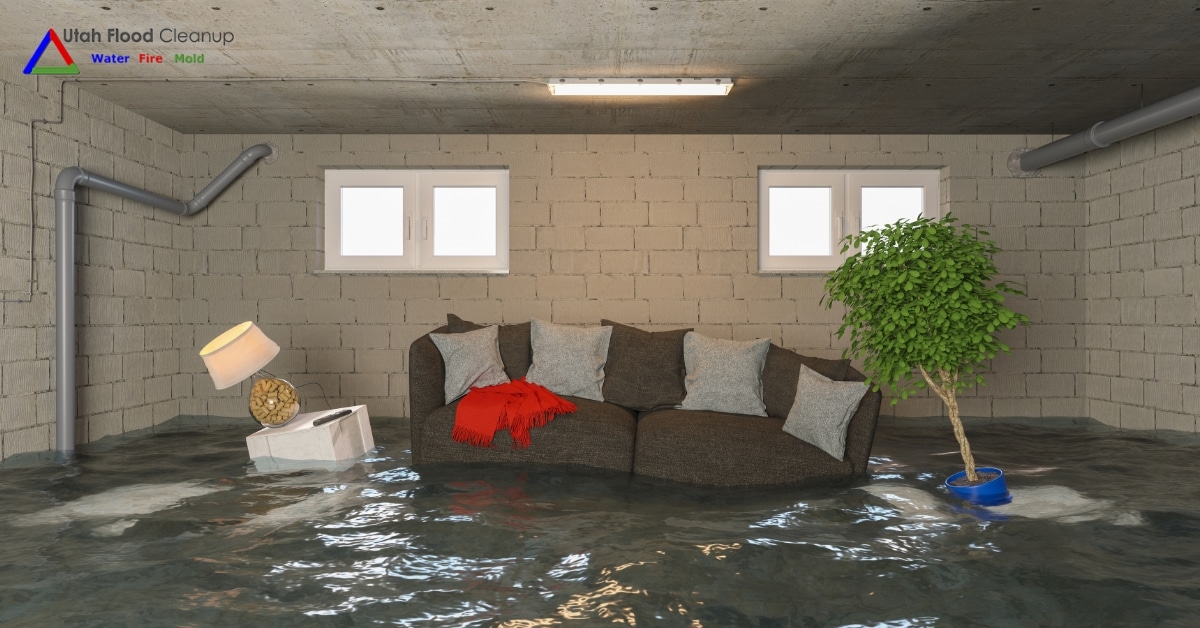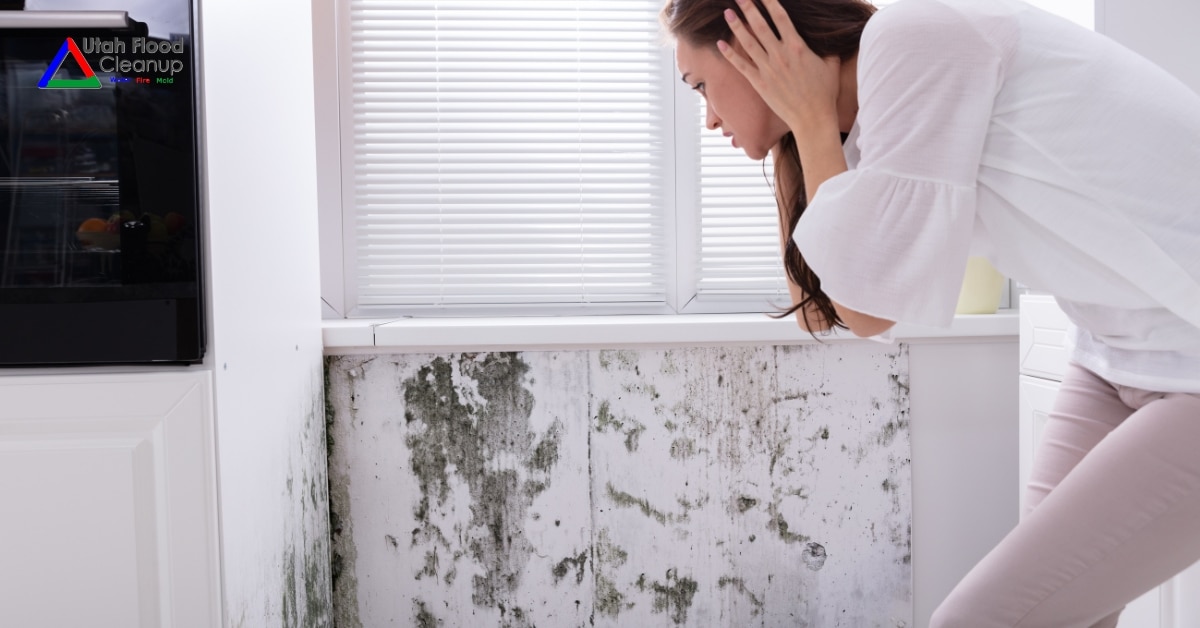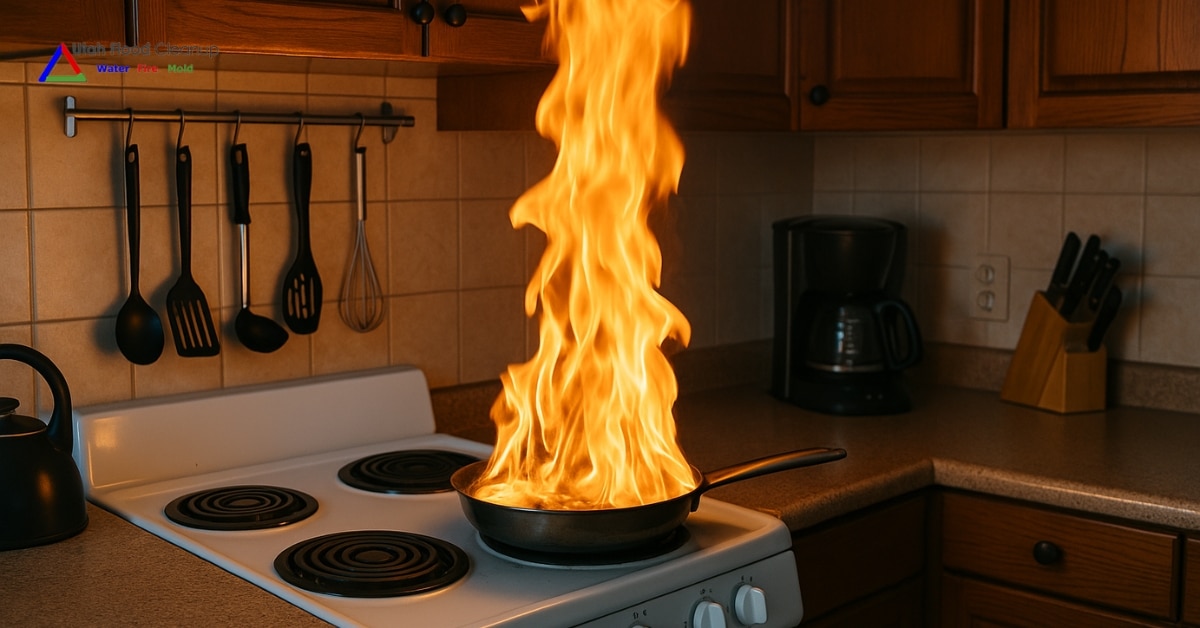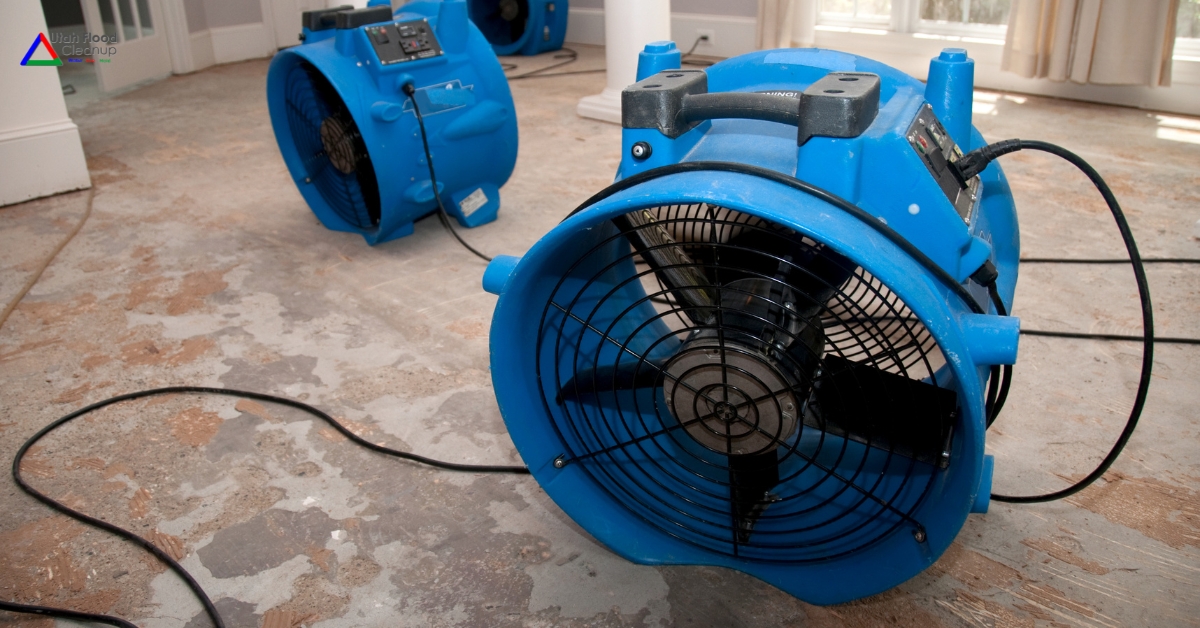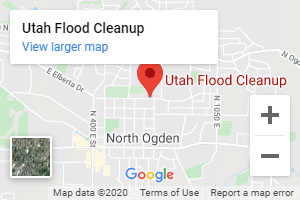Using your home fire extinguisher to quickly put out small fires or suppress flames until the firefighters arrive can keep your family and pets safe and keep costly property damage to a minimum. But, to safely and effectively use a fire extinguisher you should be aware of how to quickly assess the situation and the best actions to take if you are faced with a fire emergency. As a homeowner, you should take the time to establish a fire plan with your family, choose the right fire extinguisher for your home and learn how to use your home fire extinguisher.
The majority of Americans have never had the training and don't know what to do if they find themselves, their family or their property in flames - even if they have a fire extinguisher in their home. Fortunately, one of the main reasons fire extinguishers are so effective is that they can be used by the average untrained person to put out a fire or safely and effectively suppress flames until the fire department arrives. In fact, according to fireextinguisherssavelives.org (a website used to bring awareness to fire safety), 98% of average citizens can properly and effectively use a fire extinguisher.
Utah Flood Cleanup provides cleanup for homes from ravaging fire and smoke damage throughout the State of Utah. We believe that homeowners who are aware of the basics, when it comes to keeping their families and homes safe from fire, can make a real difference in the outcome. Review the following safety advice so you can stay calm and use your home fire extinguisher with confidence.
Get Everyone Out!
When a fire starts in your home evacuate everyone out of the house. Your fire plan should include two ways to get out of every room in your home. Following your family's fire plan should help save time and avoid confusion. Once everyone is out CALL 911.
Evaluate the Situation
Next, you should evaluate the situation by mentally going over the following questions to make sure it is safe for you to face the flames and use a portable fire extinguisher:
- Are the flames taller than you? A fire extinguisher is a tool to be used at the incipient stage (beginning stage) of a fire. When the fire is taller than you, it is too big to fight using a portable fire extinguisher.
- YES - move on to the next question.
- NO - If the flames are any taller than you, get out and wait for the fire department, your portable fire extinguisher will be mostly ineffective after a fire has progressed.
- Do you have the right extinguisher for the type of fire you are facing? Fire extinguishers are classified to target different types of fires.
|
Classification A triangle with the letter A |
Ordinary Combustibles paper, cloth & wood |
|
Classification B square with the letter B |
Flammable Liquids cooking oil, gasoline |
|
Classification C circle with the letter C |
Live Electricity energized electrical equip |
|
Classification D star with the letter D |
Combustible Metals metal medium |
-
- YES - if you determine you have the right extinguisher, move on to the last question.
- NO - if the classification differs from the type of fire, get out and wait for firefighters to arrive.
- Is the extinguisher pressurized? Check the pressure gauge on the fire extinguisher to make sure it is fully pressurized and charged.
- YES - the needle is green, time to get into position.
- NO - the needle does not show the extinguisher is pressurized, you do not have enough pressure to put out the flames. Get out and wait for the fire department to arrive.
If You Answered YES to all of the Above Questions
If you answered YES to all three questions, it's time to put out the fire with your home fire extinguisher. Get into position by standing with your back to an exit so you can get out quickly if you need to. Make sure you are far enough away from the flames that you are not in danger, but close enough to hit the base of the flames. An extinguisher's effective range is between 6-20 ft. Now PASS!
PASS is the acronym to easily remember the proper technique to employ your fire extinguisher. Also, keep in mind that most extinguishers will give you about 10-20 seconds of discharge time.
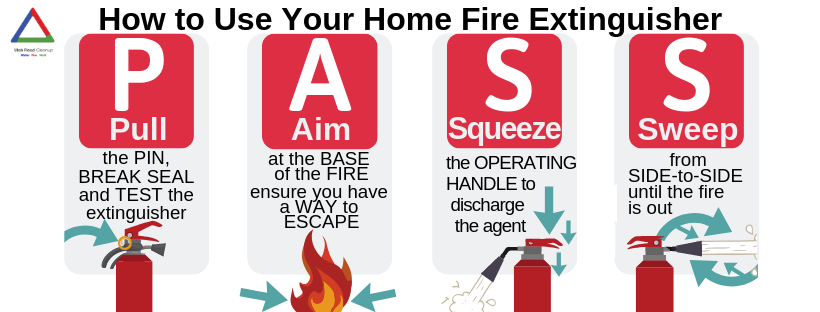
P - Pull the pin to release the locking mechanism.
A - Aim the nozzle low at the base of the fire.
S - Squeeze the trigger slowly and evenly.
S - Sweep the nozzle from side to side.
After the Fire
As the flames die down, slowly back away but never turn your back, even if it appears to be fully extinguished. There may still be hidden fires or hot spots that can reignite into larger flames in an instant. Be on guard at all times. And after you've used an extinguisher you need to have it recharged, even if you didn't use all the pressure, to ensure it will be there for you if you should ever need it again.
After a Home Fire, Get Professional Fire Damage Cleanup and Restoration Services in Utah
Utah Flood Cleanup understands that even with the proper extinguisher and family fire plan in place, a fire can still devastate your home, property and put your entire life on hold. For over 25 years, our expert technicians have been providing homeowners with professional fire and smoke cleanup and restoration services in Utah to help you get back to your everyday life as soon as possible. Contact Us Today to find out about our 5-year guarantee and affordable financing options or give us a call at 801-876-5225 for your FREE inspection. We are available for emergencies 24/7.
